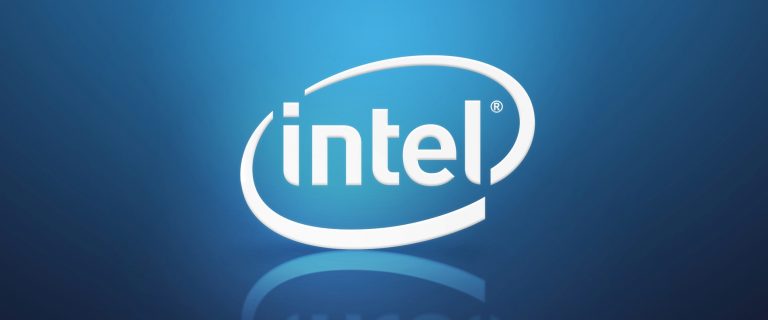
Intel Corporation (NASDAQ:INTC) is one of the tech companies that are appreciating that the world is headed for a post-Moore’s Law era. To remain significant in the tech world in the coming years, Intel is keen on advancing its tech through quantum mechanics and neuromorphic chips. These two pieces of technology have the potential to spearhead computing technology to the next level.
Intel’s CEO, Brian Krzanich confirmed that the company is “investing heavily” in neuromorphic chips and quantum computing during a question-and-answer session at the company’s investor day last week. Krzanich continued to explain that the company is keen on identifying “those edge type things that are way out there,” IDG News Service reports.
Intel is heading the curve
Intel is ahead of the race in quantum computing. By exploiting quantum mechanics, the tech company is looking to produce chips with immense processing power. Other tech companies, including International Business Machines Corp. (NYSE:IBM), Alphabet Inc (NASDAQ:GOOGL) Google, and Microsoft Corporation (NASDAQ:MSFT), are approaching quantum computing by producing components that are different from what is on the market today. But Intel is doing it differently.
Intel’s secret is a different approach
Intel’s quantum hardware engineers based in Portland, Oregon, in collaboration with QuTech Quantum Research Institute in the Netherlands, under a $50 million grant awarded last year, are working on layering the ultra-pure silicon needed to create a quantum computer on the standard silicon chips used in computers currently on the market.
Intel’s approach is trying to put the company ahead of its competitors by working on qubits. Qubits are the basic components of quantum computers.
These technologies are at the infancy stage
But the implementation of these technologies will take time, notes Kraznich. Researching and advancing these technologies is something the company has to do to remain significant for many more decades to come.
According to Moore’s Law, the total sum of transistors in an an area should double every two years, the result being increased performance and reduced price. Over the years, Intel has followed Moore’s law, as we have seen smaller chips and increased performance with every new product. But Moore’s Law is slowly becoming unrealistic. Silicon chips have become so small that incorporating more features into them is proving difficult for Intel.
Therefore, quantum computing and neuromorphic chips are Intel’s solution to the problem of shrinking silicon chips. Neuromorphic chips are an invention close to the human brain, which will enable computers to make decisions using associations and patterns as the base. A large number of qubits in quantum computers will allow multiple calculations simultaneously.
Intel stock fell to $35.34 in Friday’s trading session.




